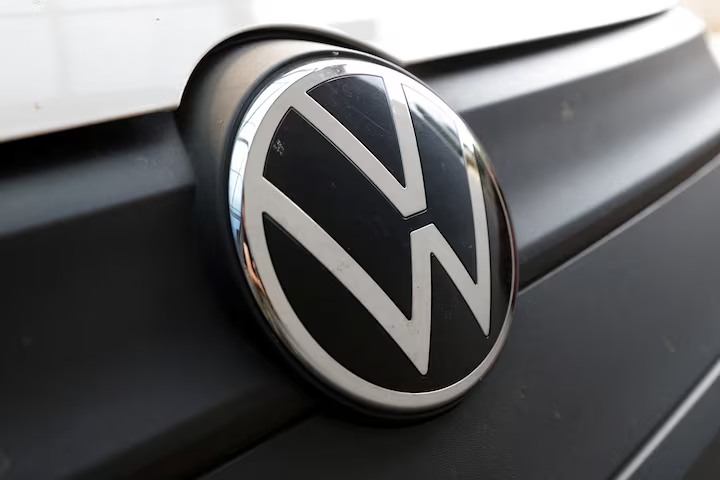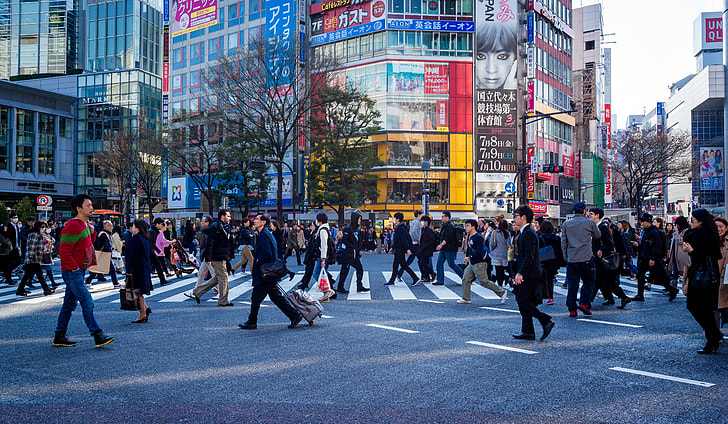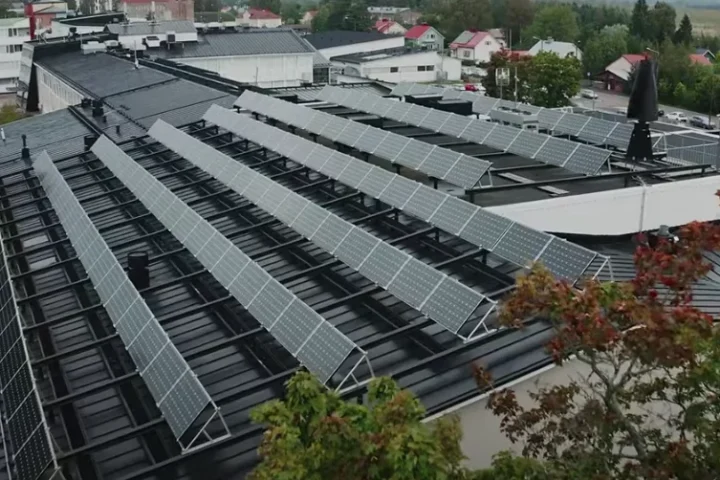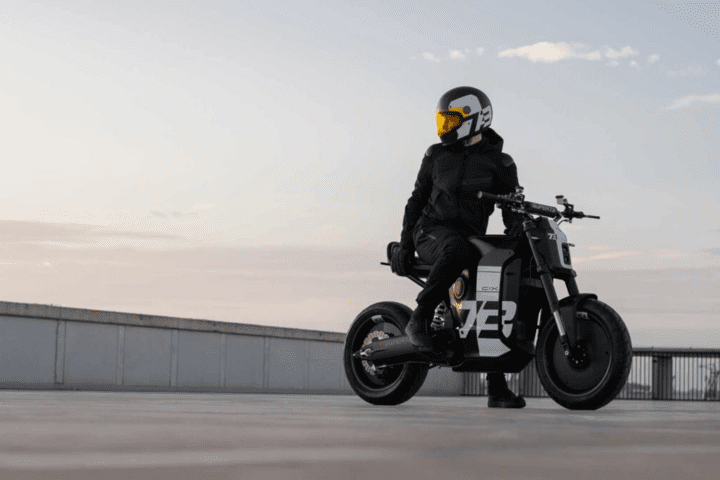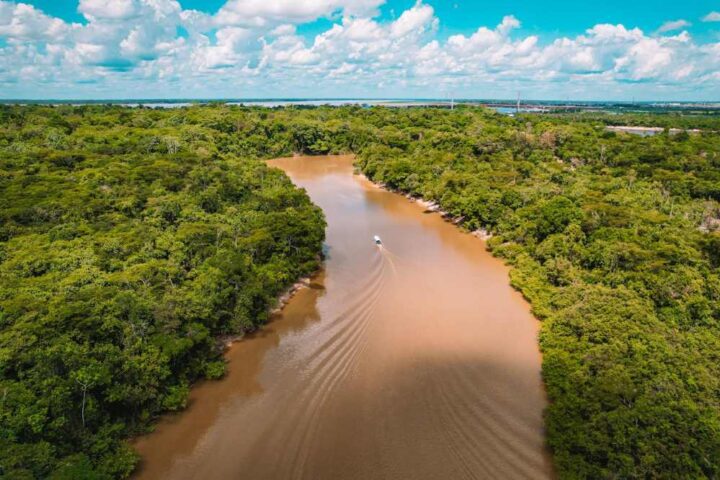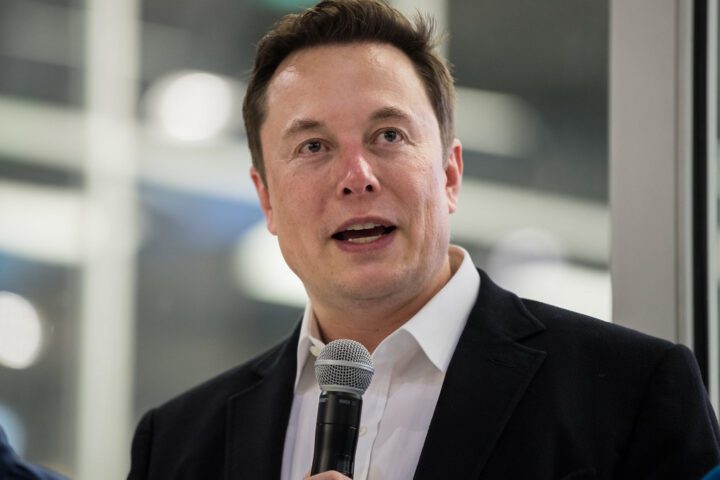A Brazilian labor court has ordered Volkswagen to pay $30 million for subjecting workers to slave-like conditions on a company-owned farm in the Amazon rainforest during the 1970s and 1980s. The ruling, issued on Friday, represents the largest reparation for labor abuses in Brazil’s history, according to prosecutors.
Judge Otavio Bruno da Silva Ferreira determined that Volkswagen was responsible for conditions that met Brazil’s legal definition of “labor analogous to slavery” at a cattle ranch and logging operation in Para state between 1974 and 1986.
The case came to light after years of documentation by a local Catholic priest, Ricardo Rezende Figueira, who tracked evidence of abuses. The Labor Prosecutor’s Office launched a formal investigation in 2019, leading to charges against Volkswagen in 2024.
Court documents revealed approximately 300 workers were hired under irregular contracts to clear forest and prepare pastures at the company’s Amazon ranch. Workers faced armed surveillance, lived in substandard housing, received inadequate food, and were trapped in a system of debt bondage. Many who fell ill with malaria received no medical care.
Similar Posts
“These practices constituted one of the largest cases of slave labor exploitation in Brazil’s recent history,” the Labor Prosecutor’s Office stated.
Under Brazilian law, “conditions analogous to slavery” include forced labor, exhaustive workdays, degrading conditions, or restriction of movement due to debt. The court found multiple elements present in the Volkswagen case.
In addition to financial compensation, the company must publicly acknowledge its responsibility and implement a “zero-tolerance” policy against slave-labor conditions.
Volkswagen Brazil announced it will appeal the decision. In a statement, the company said that throughout its 72 years operating in Brazil, it has “consistently defended the principles of human dignity and strictly complied with all applicable labor laws and regulations.”
The case highlights Brazil’s complex history with forced labor. Though the country was the last in the Western Hemisphere to abolish slavery in 1888, modern forms of exploitation persist. Brazil’s legal framework specifically criminalizes “conditions analogous to slavery” through Article 149 of its Penal Code.
The ruling comes after settlement talks between prosecutors and Volkswagen failed when the company reportedly “showed no interest” in negotiations. The Amazon ranch operation was part of development initiatives backed by Brazil’s military dictatorship at the time.
